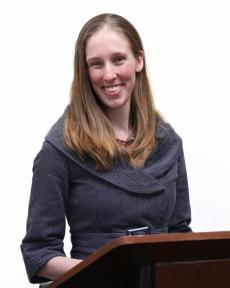
Director
Mara Loveman is Professor of Sociology and Professor of Demography at the University of California, Berkeley. She is a political and historical sociologist with a research agenda focused on population politics, nationalism, ethnoracial inequality, and the state. Her book and articles examine how and why scientists, technocrats, state actors, and citizens strive to produce authoritative knowledge about different kinds of “difference” within human populations, with a variety of implications for biopolitical and necropolitical governance, and for the political subjectivities of the governed in the context of modern democratic polities. Her award-winning book, National Colors: Racial Classification and the State in Latin America (Oxford University Press, 2014) traced the history of national census-taking in nineteen Latin American states across more than two centuries to determine when and how and towards what ends states collect and produce official ethnoracial population data. Other recent research explains how US imperialism led to the demographic “whitening” of early twentieth-century Puerto; why Chile has become a regional outlier in its persistent refusal to recognize minorities in its constitution; and how the sudden availability of nationally representative ethnoracial population data in several Latin American countries since the 2000s has become a double-edged sword in the political struggle to reduce inequality. Her current research examines the politics of racial inequality and the rise of the radical right in Brazil and the US in comparative perspective. She is also working on a book project about the role of demographic thought in the gradual abolition of slavery in Brazil. With the working title Abolition Demography, the book examines the particular violence of abolishing slavery gradually through laws of the “free womb,” and traces the reverberating and enduring damage of “free womb” laws to citizenship and democracy.
Loveman is a dedicated advisor to myriad graduate students, including several who have written award-winning dissertations related to the historical foundations and future prospects for democracy around the globe. She is one of the founding editors of the open-access journal Theory and Social Inquiry. She has served as Department Chair of both the Sociology and the Demography Departments and as a board member and co-Chair of the Berkeley Faculty Association. In these roles, she has worked to increase transparency, broaden participation, and substantively democratize shared governance of the university.
Email: mloveman@berkeley.edu
Anti-Colonial Democracy
Co-PI Biographies
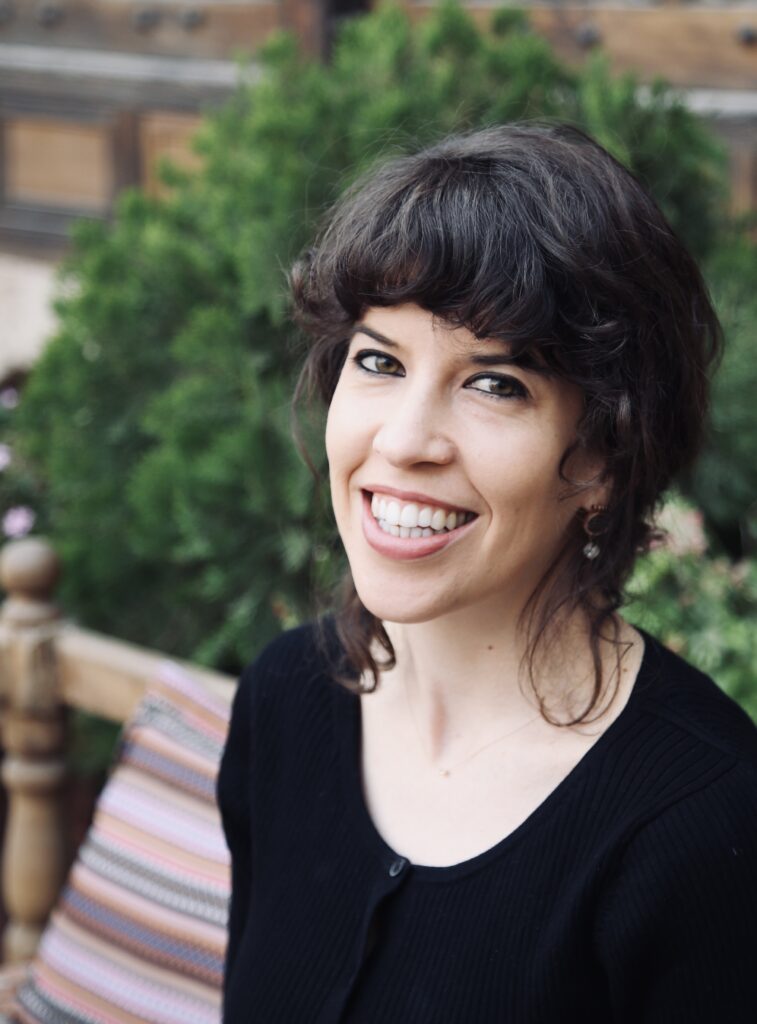
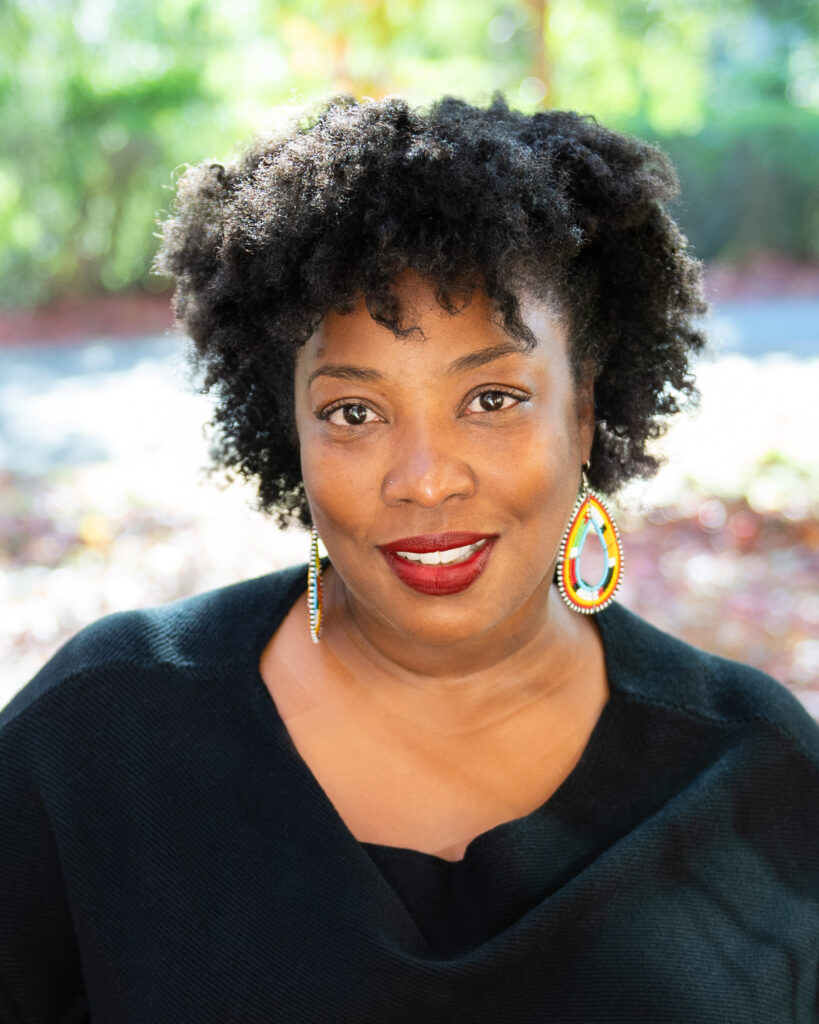

Democracy Dialogues
Participant Biographies
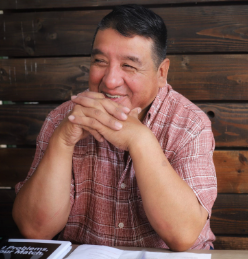
Angela Marino is an Associate Professor in the Department of Theater, Dance, and Performance Studies. Her research focuses on Performance and Political Theory; Festival and Carnival studies; Popular Performance; Theater History; U.S. Latinx and Latin American Studies. Marino is author of Populism and Performance in the Bolivarian Revolution (Northwestern University Press, 2018); co-editor of Festive Devils in the Americas (Seagull Press/University of Chicago Press, 2015) Prof. Marino is Faculty Affiliate of the Latinx Research Center (formerly known as the Center for Latino Policy Research).
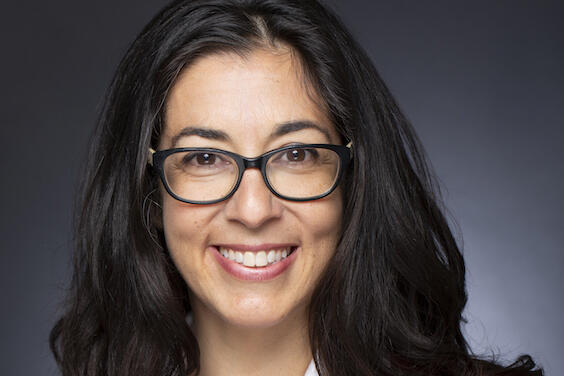

Javier Mateos-Campos is a doctoral student in the Educational Leadership and Policy Studies program at the University of Texas San Antonio. He is a Mexican immigrant, activist-organizer, and multidisciplinary arts-based researcher whose work focuses on the Chicanx experience in the United States, pedagogies of liberation, and decolonial studies. Javi is also a documentarian, photographer, and visual artist specialized in social movements.
Priscilla Vasquez is a Chicana photographer, documentarian, and visual artist from South Texas whose work specializes in capturing a timeless sense of aesthetics to narrate powerful stories. Her work has documented the Yagesero culture in Colombia and Mexico across several years with photographs, video, and contributing in the audio recording of an impressive collection of unique Yagesero music. In her latest work, titled Historias Chicanas del Sur de Tejas, Pris documents reflections of a wide array of Chicanx people and their way of lif

Fostering Democratic Elections in Diverse Societies
Participant Biographies
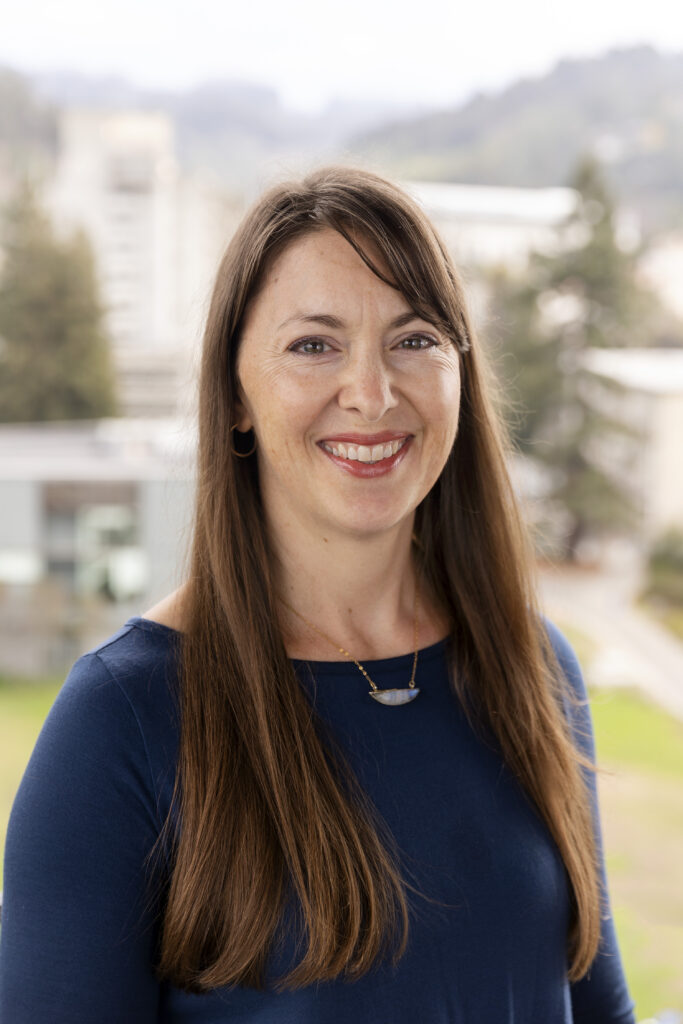
Jennifer Bussell is Associate Professor of Political Science and Public Policy at the University of California, Berkeley and Faculty Director of the Center on Contemporary India. Her research concerns the political economy of development, democratic politics, and governance. Her recent book, Clients and Constituents: Political Responsiveness in Patronage Democracies (Modern South Asia Series, Oxford University Press), considers the provision of constituency service by high-level elected officials in India and elsewhere. In other work, she examines the characteristics of campaign finance, drawing on direct accounts from politicians at all levels of the Indian government. In ongoing research, she is examining the relationship between electoral politics and preparedness for natural disasters, in South Asia and Africa.
Alyssa Heinze is a PhD Candidate in Political Science at the University of California, Berkeley and a Research Associate at the Center on the Politics of Development. She researches gendered understandings of: the political economy of local development, political inequality, and the consequences of climate change using mixed (in-depth qualitative, experimental, and machine-learning) methods. Her dissertation project investigates the role of state and community control of natural resources in entrenching patriarchal gender relations. Her research is located in the Global South, with a focus on India.
Alyssa is a two-time Fulbright fellowship recipient: she received the Fulbright DDRA Fellowship for 2025 and was a Fulbright-Nehru Fellow in Pune, India in 2018. She holds an MSc in Economics from Université Paris 1 Panthéon-Sorbonne and a BA in Political Science and South Asian Studies from Dartmouth College. Outside of the PhD, she’s worked for the Impact Data and Evidence Aggregation Library project at the World Bank, the Research, Evaluation and Data Team at IDinsight, the Women’s Economic Empowerment Unit at the U.S. Department of State, Vera Solutions in Mumbai, India, and Chhori (Daughter) in Kathmandu, Nepal.


Sharik Laliwala is a PhD student in Political Science at the University of California, Berkeley. He studies ethnic politics, minority representation, residential segregation in cities, and urban governance, focusing on India. In his dissertation, he plans to investigate the relationship between religious residential segregation and the minority political class in Indian cities utilizing mixed methods (qualitative, observational studies, and machine/deep learning models).
Sharik holds an MA in Contemporary India from King’s College London and a BBA (Economics and Finance) from Ahmedabad University. His current work is supported by Berkeley’s Center of Contemporary India and Global, International & Area Studies Institute. Before PhD, he worked as a researcher with the University of Pennsylvania, Brown University, Sciences Po, and Ashoka University’s Trivedi Center of Political Data.
Alison Post is Associate Professor of Political Science and Global Metropolitan Studies at the University of California, Berkeley. Her research examines urban politics and policy and other political economy themes, including environmental politics and policy, regulation, and business-government relations. Her research, teaching, and advising focus primarily on Latin America and India. She is currently working on a book project on the politics of local infrastructure investment. Her research has been funded by the Hewlett Foundation, the National Science Foundation, the Swedish Research Ministry, and USAID, among others.
